| |
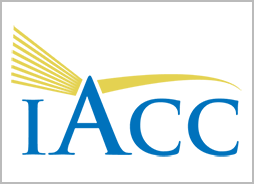
 Upcoming IACC Full Committee Meeting
Upcoming IACC Full Committee Meeting
The October Interagency Autism Coordinating Committee (IACC) Full Committee meeting will be held October 11, 2023. The Committee will discuss mental health and autism as well as upcoming committee reports.
|
|
| |
|
| |
| |
| |
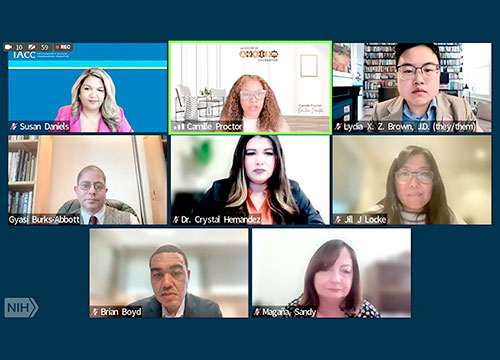
 April IACC Meeting
April IACC Meeting
The April IACC Full Committee meeting was held on April 4, 2023. The Committee received updates from the Centers for Disease Control and Prevention on autism prevalence data and a panel presentation on racial equity and racial/ethnic disparities in autism.
|
|
| |
|
| |
| |
| |

 OARC Special Event for Autism Awareness Month - A Portrait of Autism: Artists and Their Works
OARC Special Event for Autism Awareness Month - A Portrait of Autism: Artists and Their Works
NIMH and the Office of Autism Research Coordination (OARC) hosted their 10th Annual Autism Awareness Month Special Event, A Portrait of Autism: Artists and Their Works. The event featured 4 artists, who talked about how their experiences as autistic individuals have shaped their artistic expression. The event included a sampling of their artwork and a Q&A with the artists.
|
|
| |
|
| |
| |
| |
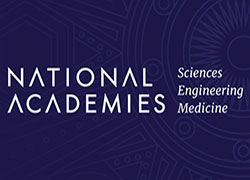
 Disrupting Ableism and Advancing STEM: A National Leadership Summit
Disrupting Ableism and Advancing STEM: A National Leadership Summit
This hybrid meeting hosted by the National Academies of Science took place on June 5, 2023. It included panels and presentations exploring issues related to the accessibility and inclusivity of science, technology, engineering, and medicine (STEM) workplaces for people with disabilities. Additional follow-up events on Creating Disability-Inclusive Workforces and Workplaces, Fostering Effective Mentorship in the STEM Ecosystem, Cultivating Accessible Educational Pathways and Spaces, and Rooting Out Bias and Barriers took place throughout the month of June.
|
|
| |
|
| |
| |
|
|
| |

 Dr. Susan Daniels Appointed National Autism Coordinator
Dr. Susan Daniels Appointed National Autism Coordinator
Susan A. Daniels, Ph.D. has been appointed as the HHS National Autism Coordinator and Director of the Office of National Autism Coordination (ONAC). This role will complement Dr. Daniels’s continuing work as the Executive Secretary of the IACC. Dr. Daniels has served as the Acting National Autism Coordinator since 2021, and the Director of the NIMH OARC since 2014.
|
|
| |
|
| |
| |
| |

 Chairman's Blog: Autism Awareness Month: The Power of Community
Chairman's Blog: Autism Awareness Month: The Power of Community
In April, NIMH Director and IACC Chair Dr. Joshua Gordon wrote a special blog to reflect on the power of community. He describes IACC's recent accomplishments in addressing the needs across the autism spectrum and lifespan. He also describes how NIMH has built collaboration and community into research.
|
|
| |
|
| |
| |
| |
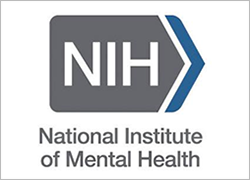
 Infants' Health Record Data May Improve Early Autism Screening
Infants' Health Record Data May Improve Early Autism Screening
In a new NIMH-funded study, Matthew M. Engelhard, M.D., Ph.D., and Geraldine Dawson, Ph.D. of Duke University used machine learning to develop and evaluate a predictive model for early autism detection. The researchers analyzed more than 14 years of electronic health records (EHRs) data from the Duke University Health System. This included 45,080 children, 924 of whom had a diagnosis of autism. According to the researchers, predictive models based on EHRs can provide clinically meaningful information earlier than standard early detection tools.
|
|
| |
|
| |
| |
| |

 NSF announces new AI institute
NSF announces new AI institute
The U.S. National Science Foundation (NSF) announced a new artificial intelligence institute to focus on the speech language pathology needs of children, according to a press release. The need for speech and language services has been exacerbated during the COVID-19 pandemic due to a widening gap in services available to children. The AI Institute for Exceptional Education aims to close this gap by developing advanced AI technologies to scale availability of speech language pathology services so every child in need has access. The institute is supported by a $20 million grant to the University at Buffalo from NSF and the Department of Education's Institute of Education Sciences.
|
|
| |
|
| |
| |
| |

 Americans with Disabilities Act (ADA) Anniversary
Americans with Disabilities Act (ADA) Anniversary
The Americans with Disabilities Act (ADA) was signed into law on July 26, 2023. Every year, agencies and organizations across the country celebrate the passage of this civil rights act that prohibits discrimination against people with disabilities. This page highlights this year’s news and events that celebrate the ADA.
|
|
| |
|
| |
| |
| |
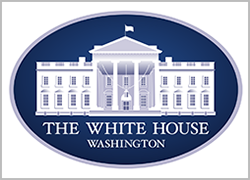
 A Proclamation on Anniversary of the Americans with Disabilities Act
A Proclamation on Anniversary of the Americans with Disabilities Act
In his proclamation to recognize the anniversary of the passage of the Americans with Disabilities Act (ADA), President Joe Biden encourages Americans to celebrate the 33rd year of this defining moment in Civil Rights law and the essential contributions of individuals with disabilities. He highlights the impact of the ADA on the nation as well as the work left to ensure that those with disabilities have equal opportunities. A collection of news and events honoring the ADA anniversary are available on our website.
|
|
| |
|
| |
| |
|
|
| |
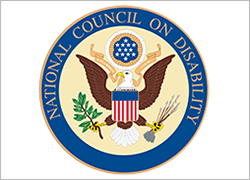
 The Impacts of Extreme Weather Events on People with Disabilities
The Impacts of Extreme Weather Events on People with Disabilities
Extreme weather events are increasing in frequency, severity, and cost. During an emergency or major disaster people with physical, sensory, mental, or cognitive disabilities are disproportionately impacted. Despite this, the needs of people with disabilities are being overlooked in disaster management policy and planning. In this report, the National Council on Disability (NCD) examines the extent of compliance with federal laws and examines applicable federal programs and policies and their implementation in health care, housing, education, and emergency management. The report offers findings and recommendations to bring about critical policy and systems change intended to advance national disability policy goals and reduce casualties.
|
|
| |
|
| |
| |
| |
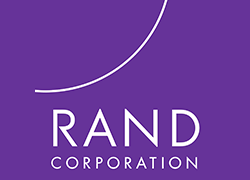
 Neurodiversity and National Security
Neurodiversity and National Security
National security organizations need highly skilled and intellectually creative individuals who are eager to apply their talents to address the nation's most pressing challenges. In public and private discussions, officials and experts addressed the need for neurodiversity in the national security community. The purpose of this report is to understand the benefits that people with neurodivergence bring to national security; the challenges in recruiting, working with, and managing a neurodiverse workforce; and the barriers in national security workplaces that prevent agencies from realizing the full benefits of neurodiversity.
|
|
| |
|
| |
| |
| |
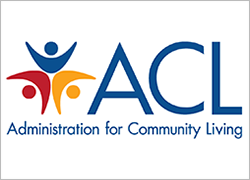
 I/DD Counts National Summit Report Highlights Health Data as Equity Issue
I/DD Counts National Summit Report Highlights Health Data as Equity Issue
Reliable health data on people with intellectual and developmental disabilities (I/DD) is a health equity and civil rights issue. Although data collection about people with disabilities generally has improved in recent decades, there is still not enough information on how many people with I/DD live in the U.S. In 2022, the Administration for Community Living (ACL) organized a national summit that included people with I/DD, representatives from federal agencies, advocacy groups, researchers, and health care providers. The group discussed progress on its 2030 roadmap for health data equity, remaining gaps, and priorities for the future. This report summarizes the key ideas from the summit and actions recommended by and for the I/DD Counts initiative.
|
|
| |
|
| |
| |
| |
|
|
Solicitations and Community Participation Opportunities |
|
| |
|
| |

 ED, HHS Update Resources, Propose Regulations for Schools to More Easily Deliver Health Care to Eligible Students
ED, HHS Update Resources, Propose Regulations for Schools to More Easily Deliver Health Care to Eligible Students
Under a new proposed rule from the U.S. Department of Education (ED) and the Department of Health and Human Services (HHS), schools could have an easier time paying for special education services. Schools can bill Medicaid for health-related services that are provided to students with disabilities through their individualized education programs (IEPs). However, educators must first get consent from the child’s parents. If this new rule is implemented, schools would no longer need to get clearance from families to seek payment from Medicaid – helping cut red tape schools face in meeting their obligations to students with disabilities. The rule is open for public comment until August 1.
|
|
| |
|
